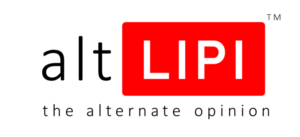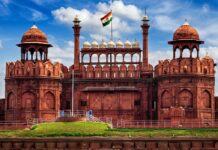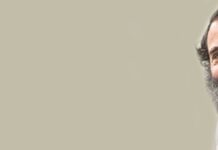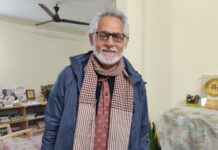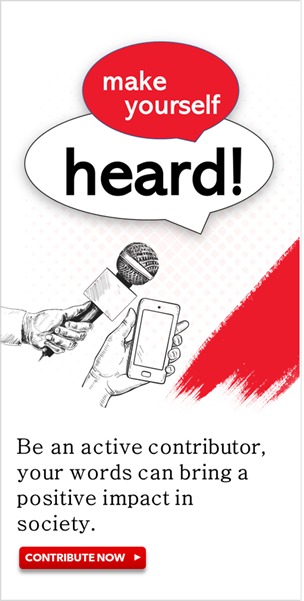[vc_row][vc_column][vc_column_text]
Recently, a news portal rejected a journalism student after selecting her for the job of an anchor. The reason for sudden change of heart was that the said candidate refused to work part with her hijab (headscarf). The news should have raised many a hackle since it exposed the hypocrisy of our society, but unfortunately it did not. The issue ended with a whimper before it could gather the kind of momentum expected from such controversy.
However, such issues are welcome as they serve a purpose i.e. appraisal of our collective commitment to the democratic values enshrined in our constitution.
Ghazala Ahmad, the candidate from Aligarh Muslim University, was rejected by the recruiter after seeing her in hijab. His contention was that “no media outlets (broadcast) have employed anyone wearing hijab”. Her protestation that @NewIndianXpress or @ndtv and @TCNLive for whom she had worked earlier had no objection to her hijab did not cut much ice with guy.
Ghazala quoted the recruiter, who claimed to be a Muslim himself, as saying, “I can’t allow myself to do this otherwise they will shut my news outlet.”
The girl wondered what her hijab has to do with her work. “I’m just covering my head. I’m not covering my brain. We have been discriminated against because we belong to a certain community. What they have to do with what I wear. Why do they objectify everything we do,” she was quoted by a news portal.
Why did she insist on wearing the hijab? Her answer was that it was her religious obligation and she feels comfortable wearing the hijab. She pointed out that Article 25 of Indian Constitution gives freedom of conscience and free profession, practice and propagation of religion.
She sounded prophetic when she asked, “Where are your constitutional values now? Where is secular Bharat? Why is a piece of cloth bothering you so much? There are so many like me who don’t get the privilege to talk or share about this. I am writing this on behalf of all the women who got rejected for a job or admission because of this kind of attitude.”
Ghazala’s claim that headscarf is a matter of religious identity should be taken with a pinch of salt. If that is the case, many might argue why then all Muslim women do not wear hijab. Nevertheless, nobody has the right to deny her the right to follow any religion according to her own conscience.
The episode reminded me of my own dilemma in a similar situation. A Ladakhi girl approached us for a reporting assignment. I selected her for the job after finding her promising. She had all the qualifications required, including a mandatory certificate from a prestigious institution of mass communication.
Later, I found out that my employer had reservations over the choice. The headscarf the girl was wearing at the time of the interview was a bone for him. Though immaculately dressed in a modern outfit complete with a green coat over a spotless white shirt and jeans, she was sporting a headscarf that symbolises her religion, which according to my boss, does not jell with the secular character of our organisation.
His contention was that though she might be a moderate Muslim, her headscarf, which reflects a mindset, might create an identity crisis for our institution since as a reporter she would be representing the organisation. “People might think we don’t subscribe to secular values,” he said and asked if I was ready for the risk of being misrepresented.
He further said, “Though a Saraswat Brahmin, I won’t approve of hiring a person from my own community sporting religious symbols as it would come in the way of the secular credentials of my institution.
He, however, left the decision to my discretion as the head of the editorial team. Seeing logic in his argument I though politely turned down the candidature of the girl, I could not overcome the guilt of going against my own principles.
Later, her teacher and my former colleague told me that the headscarf the girl wore had nothing to do with her religion or any religion for that matter. Ladakhi women, traditionally wear scarf to protect themselves from extreme cold conditions in the Himalayan region.
As a nation, we have yet to evolve ourselves as truly secular democracy. Secularism, unlike religion and culture, can’t be prisoner of a dress code. But we are living in times when a person’s appearance is more important than his/her inner self.[/vc_column_text][/vc_column][/vc_row]
Disclaimer: We do undertake rigorous checks on content provided by contributors before publishing the same. If you come across some factual errors, kindly bring this into our notice and we shall review your objection and claim as per our policy and display correction credits and corrections on the article itself.
The opinion expressed in the article is of the writer. Writer is a freelance journalist/journalist based in Delhi
